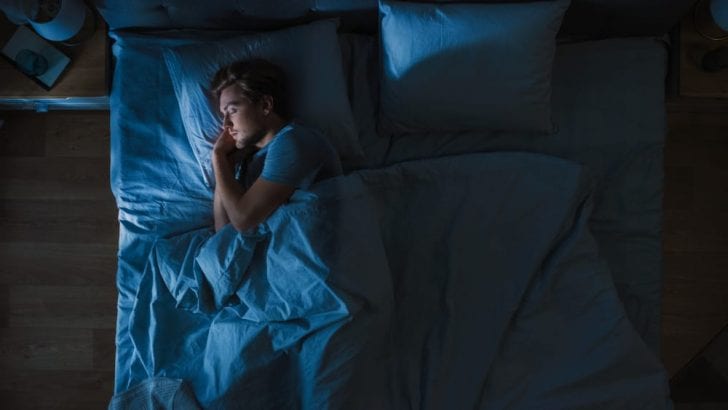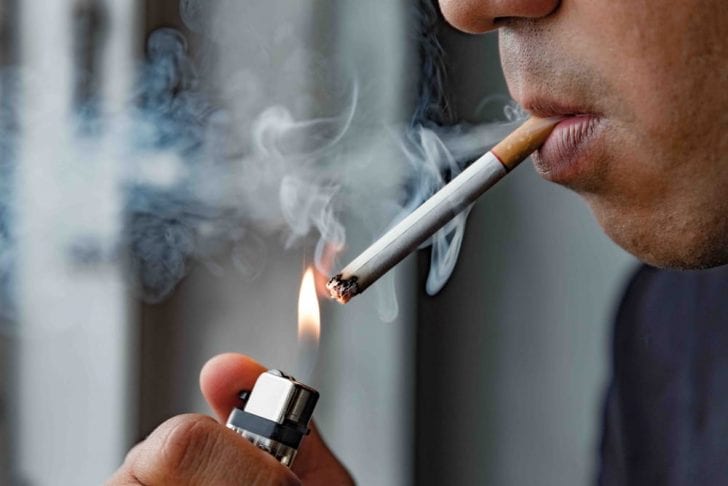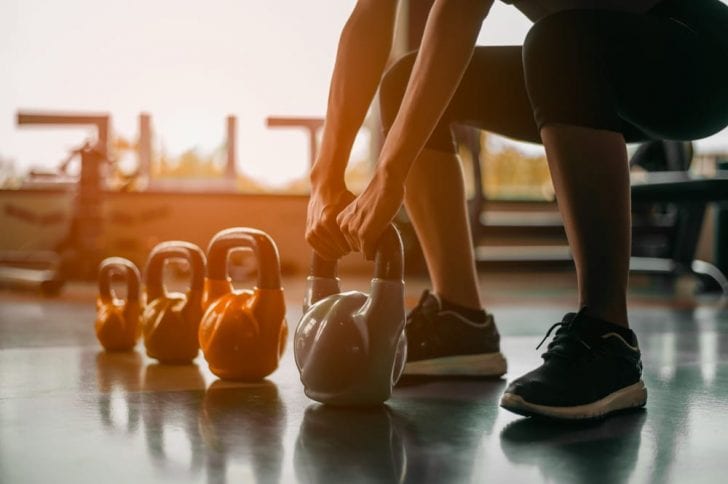You must have heard of ‘Sleep Apnea’ but, have you ever wondered what it is exactly?
As the name suggests, sleep apnea is a sleep disorder that interrupts your breathing, therefore creating an oxygen deficit in your body and causing you to wake up suddenly. The condition can bring along a number of issues or problems such as lack of sleep, exhaustion, and as a result, a lack of productivity in daily activities.

Causes of Sleep Apnea
Most researches show that anyone can develop the condition, but, there are certain similar factors that make you more vulnerable to it, such as the following:
- Gender: Men are more prone to sleep apnea. However, after menopause, there is a high chance of women developing it, too.
- Age: Sleep apnea can be triggered due to the drastic changes that come with aging. According to Wisconsin Sleep Cohort research, the chances of developing it in your ’50 to ’60s are the highest.
- Weight: People who are overweight can be subjected to developing sleep apnea, and the risk gets even higher for an obese patient.
- Physical Attributes: Anatomical differences in people can also be a leading cause of sleep apnea, including having a small upper airway, a small jaw, and a deviated septum.
- Smoking: According to research, smokers are three times more prone to developing sleep apnea in comparison to nonsmokers.

Natural Remedies for Sleep Apnea
You can always head over to the doctor for treatments and cures, but sometimes, there are minor changes you can make to your lifestyle that might help you greatly. If you are already following a medical prescription, these changes can help in reducing sleep apnea episodes.
Adopt the following tips for nights of better sleep:
– Weight Loss
Since weight gain is one of the leading causes of developing the condition, you can drop a few pounds to decrease the frequency of the episodes. Even losing a small amount of body weight can improve your sleep.
– Exercise
Exercising is important for everyone as it regulates hormones, keeps the body fresh and provides loads of energy. Simple exercises such as resistance training, yoga, or a 30-minute walk can improve breathing and strengthen muscles.

– Change your Sleeping Positions
Sleeping on your back can result in a bad case of sleep apnea. Similarly, sleeping on your stomach can make matters worse. For patients of the disorder, the best bet is to sleep on the side, which helps in keeping the airway open.
– Skip the Sedatives
Many people resort to sedatives to get their night’s sleep, but anyone who is suffering from sleep apnea should not take any medication that may relax the muscles as that results in disturbance while breathing.
